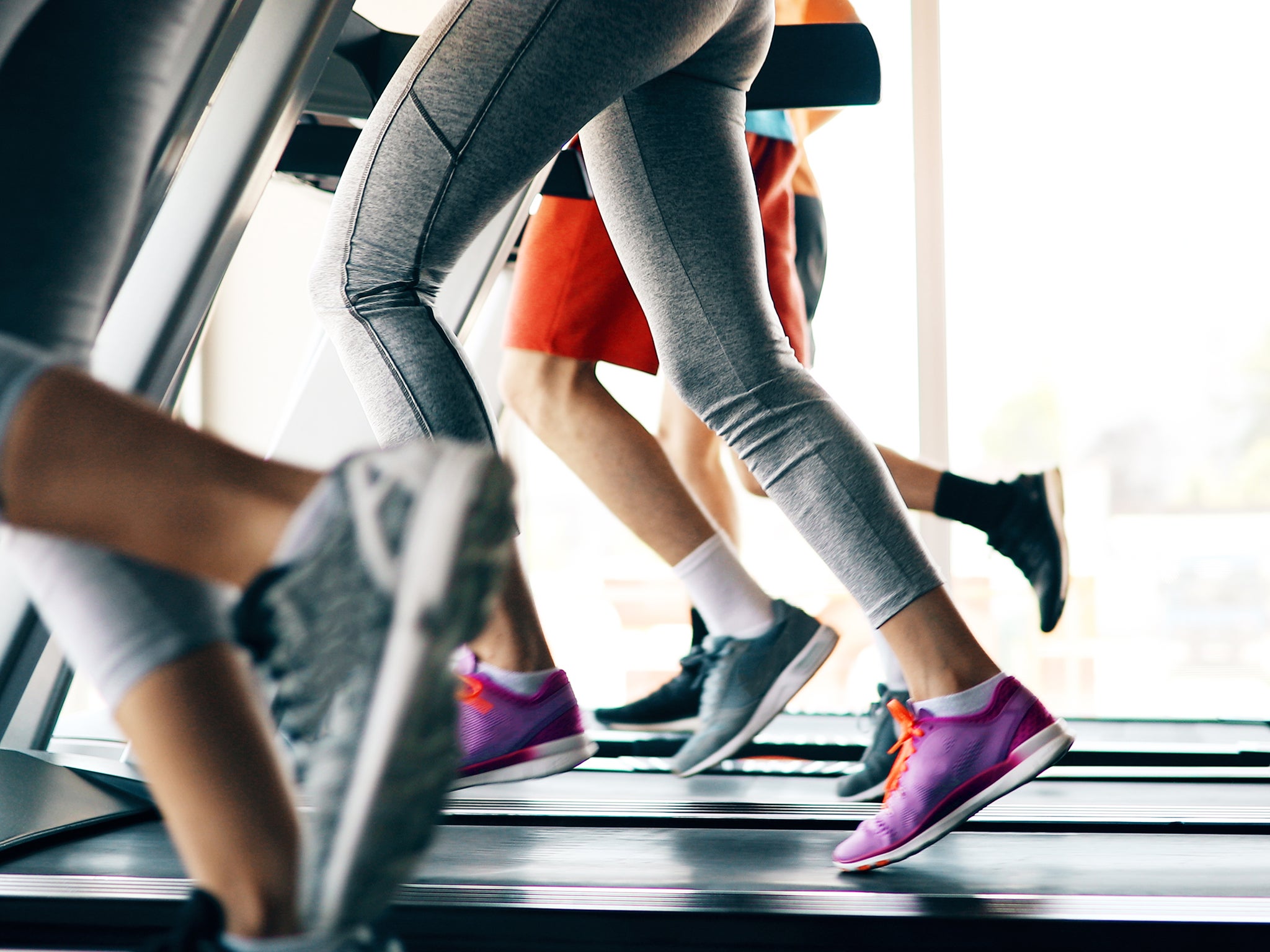South Korea demands slower workout music in gyms because of Covid
To prevent people breathing too fast or splashing sweat, health officials say

Your support helps us to tell the story
From reproductive rights to climate change to Big Tech, The Independent is on the ground when the story is developing. Whether it's investigating the financials of Elon Musk's pro-Trump PAC or producing our latest documentary, 'The A Word', which shines a light on the American women fighting for reproductive rights, we know how important it is to parse out the facts from the messaging.
At such a critical moment in US history, we need reporters on the ground. Your donation allows us to keep sending journalists to speak to both sides of the story.
The Independent is trusted by Americans across the entire political spectrum. And unlike many other quality news outlets, we choose not to lock Americans out of our reporting and analysis with paywalls. We believe quality journalism should be available to everyone, paid for by those who can afford it.
Your support makes all the difference.South Korean gyms are no longer able to broadcast “Gangnam Style” and other fast-paced songs during group exercises as the country battles to curb its worst-ever coronavirus outbreak.
Under new rules, gyms are not permitted to play music with higher than 120 beats per minute (bpm) during group exercises such as aerobics and spinning.
The rule is intended to prevent gym-goers from breathing too fast or splashing sweat at other people, according to the country’s health officials, who have been facing a record number of Covid-19 cases in recent weeks.
Additional measures include limiting the speed of treadmills to a maximum of 6km/h, banning the use of showers at gyms, and restricting table tennis matches to two people per table.
But the changes have been ridiculed by opposition lawmakers who described it as “nonsense”.
Kim Yong-tae, a member of the main opposition People Power Party, said: “So you don’t get Covid-19 if you walk slower than 6km/h.
“And who on earth checks the bpm of the songs when you work out? I don’t understand what Covid-19 has to do with my choice of music.”
Gym owners have also said the rules are barely effective or unrealistic to enforce. One owner, Kang Hyun-ku told Reuters: “Playing bright tracks is to cheer up our members and the overall mood, but my biggest question is whether playing classical music or BTS songs has proven to have any impact on spreading the virus.
“Many people use their own earphones and wearable devices these days, and how do you control their playlists?”
South Korea had been widely praised for having lower Covid-19 death rates than other developed countries last year while not having to resort to severe lockdown measures.
But a slow vaccine rollout has led to a new wave of infections and a rising number of unvaccinated young patients. In the greater Seoul area, the detection rate of the highly contagious Delta variant jumped to 26.5 per cent last week from 2.8 per cent in the second week of June.
A record number of new cases has forced the government to impose tighter restrictions, including people being advised to stay home as much as possible and a ban on gatherings of more than two people after 6pm.
Schools are closed and bars, restaurants, and cafes are allowed limited seating, with dine-in services prohibited after 10pm.
Join our commenting forum
Join thought-provoking conversations, follow other Independent readers and see their replies
Comments